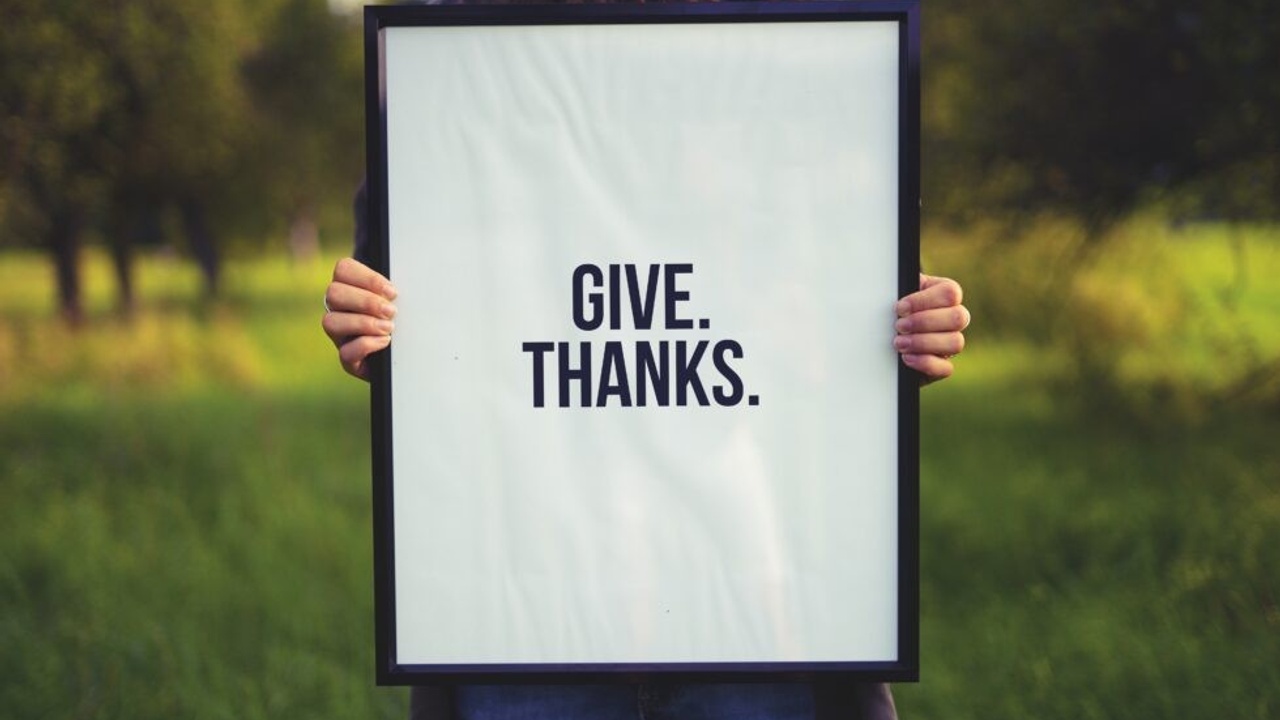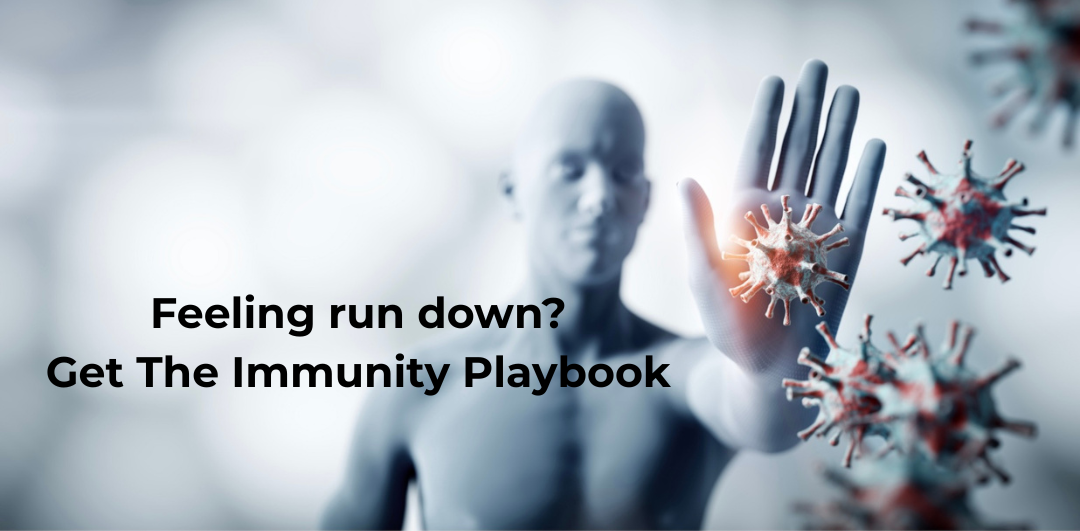Upgrade Your Health By Practicing Gratitude
Nov 16, 2020
“Gratitude is the healthiest of all human emotions. The more you express gratitude for what you have, the more likely you will have even more to express gratitude for.” ~ Zig Ziglar
The holiday season is upon us – clearly it’s the happiest time of the year, right? For some, yes… but if you’re one of the people whose holiday seasons are occasionally dampened by stress, sadness or anxiety… not so much. And it’s not only those coping with depression or anxiety who are affected this time of year; some of us also have to deal with intense family relationships or might just get more stressed than usual during the holidays (and really, who wouldn’t with everything going on?). The point is, for some people, wine and therapy may seem to be helpful during this time. But, for all of us, there is something that we can easily incorporate into our routine that may help improve our mental AND physical health – PRACTICING GRATITUDE!
Researchers have been studying how gratitude affects well-being for the last 15 years, and what they’ve found is impressive. Studies show that practicing gratitude can counteract depression, make people happier, it can improve relationships, and even have positive results on physical health.
Positive emotions are powerful. Gratitude is probably the best-researched emotion out there, and it might just be the most powerful one as well.
At the most basic level, gratitude is a thankful appreciation for what an individual has received.
Here are several ways that practicing gratitude can upgrade your hormones, strengthen your immune system and improve your overall health.
MENTAL BENEFITS OF GRATITUDE
“Gratitude is good medicine,” says Robert A. Emmons, Ph.D., a professor of psychology at University of California-Davis.
Ever feel a desire to be more optimistic in life? Research performed by the two biggest gratitude researchers, Dr. Robert A. Emmons of University of California, Davis, and Dr. Michael E. McCullough of the University of Miami, showed that gratitude can permanently raise your level of happiness past its genetically determined set-point.
Resilience is the ability to bounce back and recover quickly from setbacks or stressful situations. People who practice gratitude are able to see the bigger picture and remember the positive in their lives, and they seek out more social support. As a result, they are less likely to let bad events pull them into a downward spiral and more likely to grow in times of stress. In other words, gratitude makes us resilient.
And when it comes to self-esteem, gratitude plays a role too. Self-esteem is the way you think about yourself. When you make a conscious effort to notice and be grateful for specific good that’s in your life on a daily basis, you eventually begin to believe that your life is pretty wonderful. When you are grateful for all that you have and all that you are, expressing those feelings of gratitude will create a feeling of abundance. That feeling of being abundance leads to places and experiences where that abundance can grow. And growth breeds self-esteem.
PHYSICAL BENEFITS OF GRATITUDE
Research shows that the practice of gratitude can have dramatic and lasting effects on your physical health. In addition to helping you get more sleep, practicing gratitude can boost your immunity, upgrade your hormones and decrease your risk of disease. The concept is simple; a healthy mind = a healthy body.
Practicing gratitude affects your hormones by increasing blood flow and activity in the hypothalamus, the master gland that controls hormones. Oxytocin (the love hormone), dopamine (the pleasure hormone) and serotonin (the happy brain hormone) are all positively affected by having a gratitude attitude.
If you’d like to feel less achy or experience less pain, a 2012 study published in Personality and Individual Differences showed that grateful people experience less of both. And the Thnx4 projects found that people who kept an online gratitude journal for two weeks reported fewer headaches, fewer stomachaches, reduced congestion, and clearer skin (super-bonus!).
And if you’re one of the millions who would really, really like better sleep, have we got news for you. A 2016 study found that women who kept a gratitude journal for two weeks reported better sleep quality than those who performed other tasks. A different study of 401 people (40% of whom had clinically impaired sleep) found that people who practiced gratitude reported falling asleep quicker, sleeping better & longer, and stayed awake more easily during the daytime hours.
“I’m in!”, you say… so how exactly does this work?
GET THE GRATITUDE ATTITUDE
Clearly, practicing gratitude is something you want to add or enhance in your life as the benefits ROCK. Am I right? There are plenty of ways to practice gratitude. We’ve included a short list, but make sure you find a way that works best for you!
- Gratitude journal: this seems to work well, as it’s the one most often used in research. It’s simple too! Just make it a habit to write down three (or more) things you’re grateful for each and every day. Before going to sleep is an ideal time for this. If you have kids, get them involved in this one. It’s a great habit to learn at an early age.
- Thank someone: thanking someone is an easy way to show gratitude – and it doesn’t even have to be out loud. Even if you can’t thank someone in person, you can call or text to thank them, or even better, hand-write a thank-you note. Don’t forget to occasionally give yourself a thank-you… you’re out there doing hard work to improve yourself and your life too!
- Meditate: practicing meditation ties into practicing gratitude because you’re focusing on the present moment without judgment. Some focus on a word or phrase when they meditate, but you can also focus on what you’re grateful for. Before you meditate, try writing down one thing you are grateful for and focus on that during your meditation.
- Pray: praying is another way you can cultivate gratitude. Whether you’re thanking your high power for your blessings or simply talking about the good things, it can help!
HOW DO YOU PRACTICE GRATITUDE?
What are some ways you can practice gratitude, not only this holiday season but year-round? Share your ideas, tips, and strategies here!


